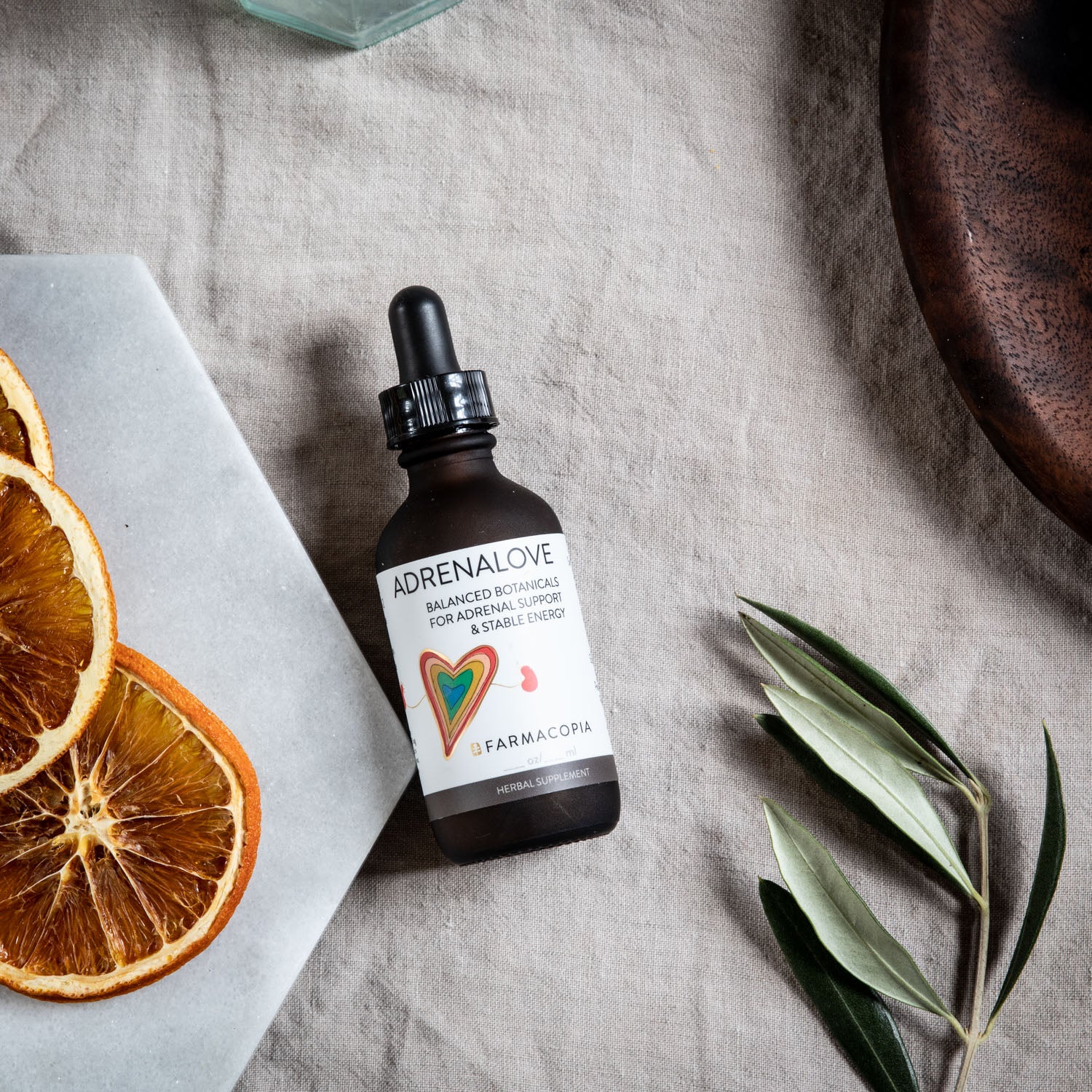 Author: Lily Mazzarella
Author: Lily MazzarellaFor some, the hardest part of a cleanse is giving up coffee. For others, it's sugar and bread.
And then there are those who dread giving up their evening cocktail–the glass of wine at the end of the day that signals to the body and brain, "I'm done now. Right? Can I be done now?"
A drink or two a night is how many of us relax. Alcohol, as you may know, is at first excitatory (a bit of a stimulant), and then sedative–mellowing the mind-body via the GABAnergic system (GABA is the main inhibitory, or quieting, neurotransmitter in the brain).
This can feel very, very good–particularly when we are overwrought, irritable, or otherwise up-regulated by stress. We spend much of our days in sympathetic overdrive–operating from that part of the nervous system sometimes called "fight or flight." I call it "out and about," as it is what we’re in when we drive, negotiate public transportation, interact with co-workers, and get the children out the door in the midst of morning mayhem. Sometimes this state isn’t so easy to come down from, particularly when the home itself is a source of stress. Stress which can arrive in the form of parenting challenges, tension with a partner, financial worry, noise, ceaseless media streams, and piles of The Undone–projects looming over us for which we never seem to have enough time.
Drinking, while relaxing for most, can also be a maladaptive coping strategy, and in the context of stress, dietary burden, environmental toxicities, and medications, a bear for the liver to deal with.
Alcohol in the evening can also disrupt sleep, and contribute to blood sugar regulation difficulties–both of which make us less resilient and stress tolerant. Taking a break from alcohol can help you get in touch with other ways of relaxing, like decompressing with a spouse or friend, walking the dog, taking a shower or bath, or doing some yoga. It also frees up the liver for its detox duties. Many people report having more energy and mental clarity, and an increased sense of purpose and focus when alcohol is periodically left off of the daily menu.
Now, most alcoholic beverages were herbal beverages at their inception–fermented brews of herbs, honey, and fruits that altered and healed in (perhaps) equal measure. In more contemporary herbal medicine we have a whole class of herbs we call "Nervines," which can assist the shift from the sympathetic arm of the nervous system to the parasympathetic, or "rest and digest" side of the nervous system. While not necessarily sedative, they tend to be distinctly relaxing and allow for what I call a phase shift–opening a little space around what’s going on to allow for a different response other than anger, irritability, exasperation, or hopelessness. (We'll talk more about nervines and nervous system restoration in the Winter Cleanse when we focus on stress and the gut).
One of my favorite mocktails (what I drink when I’m not drinking) is a Nervine Fizz. This tasty herbal beverage lets you feel like you’re having a cocktail, and can help you relax like one. Here’s an example:
Ingredients
8-12 ounces of sparkling water
1 tsp "Feeling Easy" Tincture (a delightful blend of nervine herbs with a Schisandra kick)
1 tbsp Organic Tart Cherry Concentrate
Instructions
Serve over ice, if desired, with a squeeze of lime.

